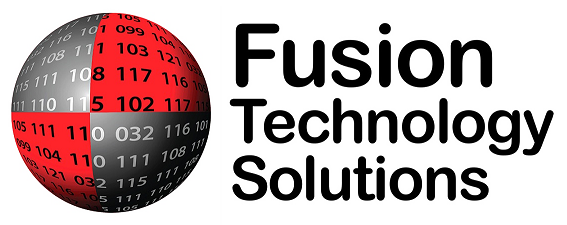Since cybersecurity is so important for protecting sensitive data held by businesses and organizations, a number of government institutions now legally require IT compliance when sensitive information may be at risk.
These regulations exist in order to improve a business’s information security strategy. The relevant regulations need to be understood and integrated into your business’s IT security strategy for full compliance. Yet it’s sometimes difficult to know which regulations apply to specific businesses. Getting it wrong could result in hefty fines, which makes proper IT compliance detrimental for businesses.
The following is not an exhaustive list of all industry-specific regulations, so it is recommended that you do further research or consult with cybersecurity professionals to achieve the right IT compliance for your company.
Law
Law firms deal with confidential information on a daily basis that if breached, could cause serious harm. Because of this, there are two sets of IT compliance regulations law firms need to stick to.
Securities and Exchange Commission (SEC) Regulations: The SEC controls the selling or trading of securities as a means of protecting investors and their information.
The Sarbanes-Oxley (SOX) Act: The SOX Act protects the public from corporate fraud by overseeing financial reports and identifying any conflicts of interest by making companies responsible for financial disclosures.
Healthcare
The two most important regulations for healthcare include HIPAA and GINA.
Health Insurance Portability and Accountability Act (HIPAA): HIPAA sets out specific regulations for the creation, storage, and transmission of sensitive patient information for both healthcare providers and their partners.
Genetic Information Nondiscrimination Act (GINA): GINA prohibits discrimination based on genetic information relating to employment and health insurance.
Ransomware targeting the healthcare industry has continued to increase in recent years, so it is even more important now that organizations and businesses maintain IT compliance and invest in the latest cybersecurity measures in this sector.
Finance
The finance industry as a whole is controlled by many different regulators, so understanding which ones apply to your business is crucial.
Gramm-Leach Billey Act (GLBA): Requires that financial institutions disclose to their customers what consumer information they are storing and why.
General Data Protection Regulation (GDPR): Ensures that businesses can only access customer data after permission has been given and controls how that data is managed.
Patriot Act: Requires financial institutions to identify and verify the identity of anyone who wants to open an account.
Education
Education institutions have to ensure that student data is protected while providing staff with adequate access to student information.
Family Educational Rights and Privacy Act (FERPA): Protects the privacy of student educational records
Children’s Online Privacy Protection Rule (COPPA): Controls how businesses can collect and store information of individuals under 13 years old.
Government
Federal Information Security Modernization Act (FISMA): Ensures that local government bodies integrate information security management processes with specific planning processes from federal agencies,
European Union General Data Protection Regulation (EU GDPR): Affects how the personal information of EU citizens is processed by U.S. government entities.
Tips for Remote Employees
While many businesses are still balancing remote work arrangements, it is important that employees who work remotely are still compliant with the relevant regulations. For HIPAA, for example, a business should do the following when remote work is involved in order to maintain cybersecurity standards and IT compliance:
- Perform data mapping of all remote employees concerning what data they have access to and how it is stored
- Perform a risk assessment to identify vulnerabilities
- Develop a compliance roadmap that integrates all relevant regulations
- Create remote work policies
- Implement requirements for software, hardware, and equipment
You can read here to see some of the common mistakes businesses make that can interfere with IT compliance.
If you are unsure which IT compliance regulations are required for your business, or if you are ready to integrate them with your business’s cybersecurity, then schedule a free consultation with Fusion Technology Solutions to receive a cybersecurity analysis.

